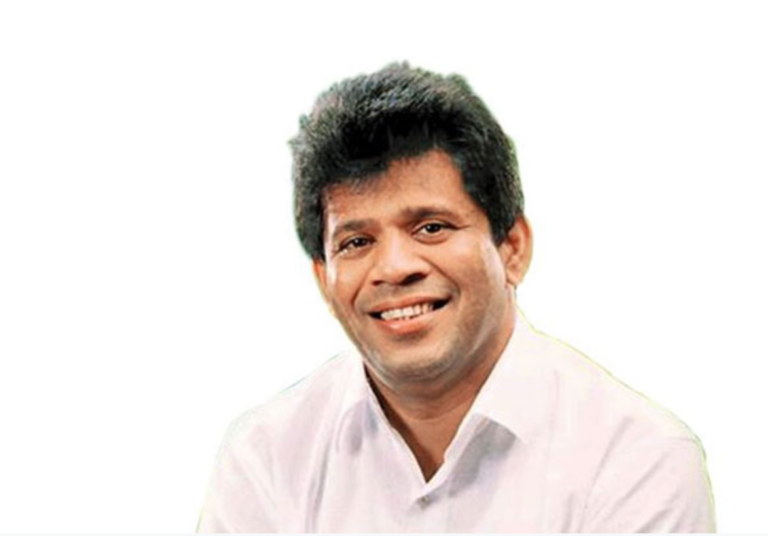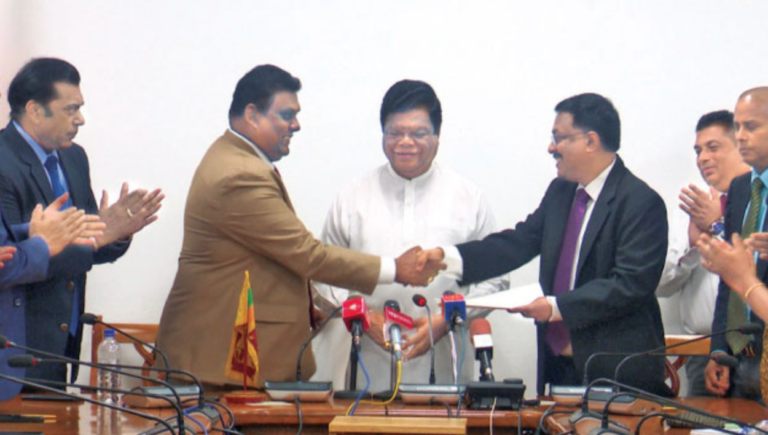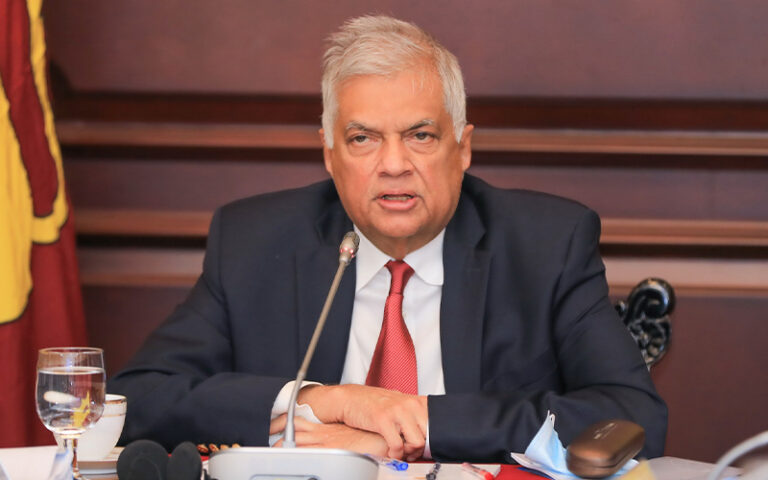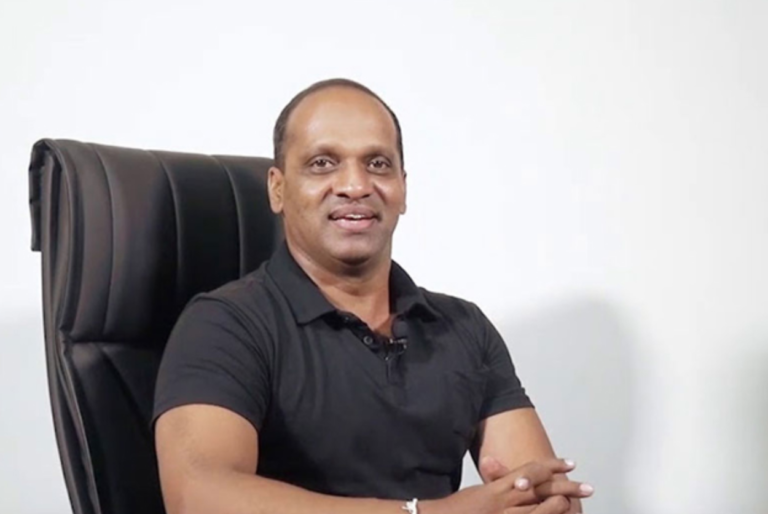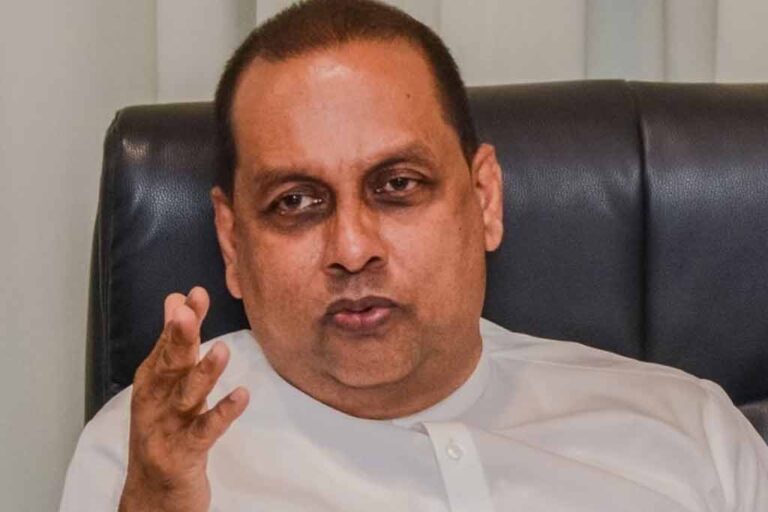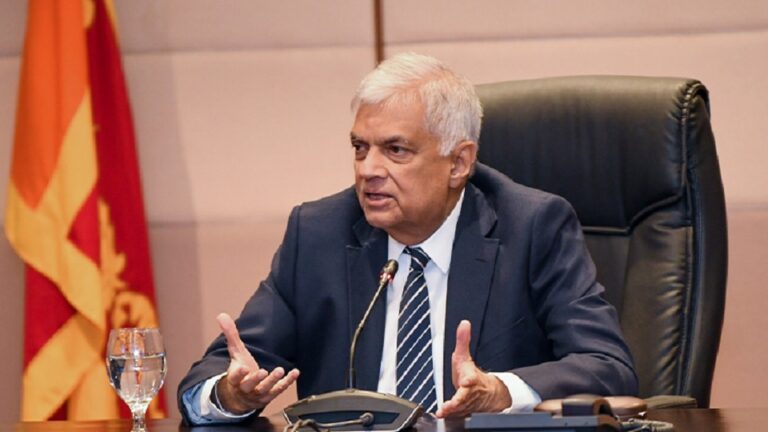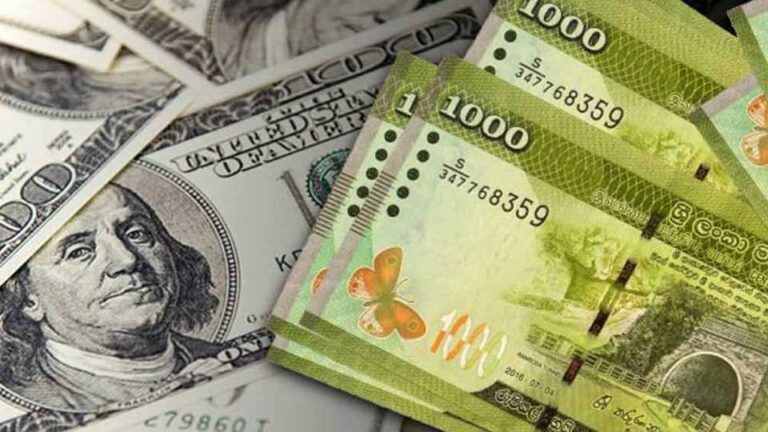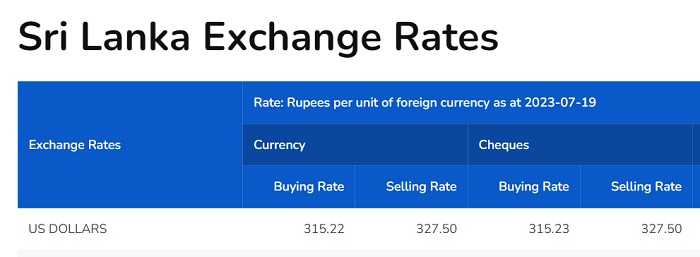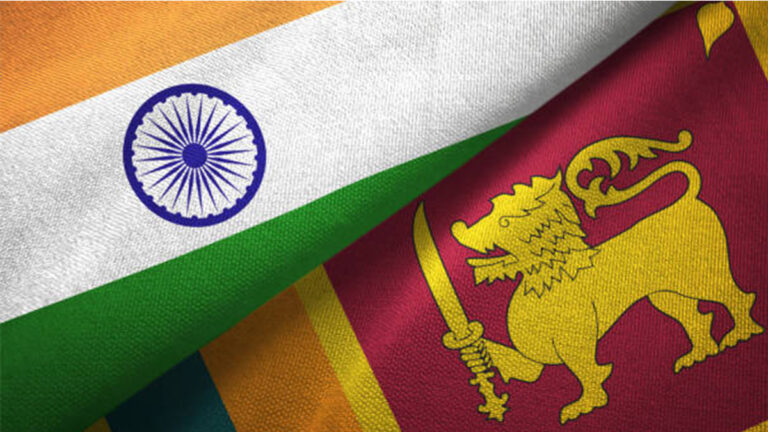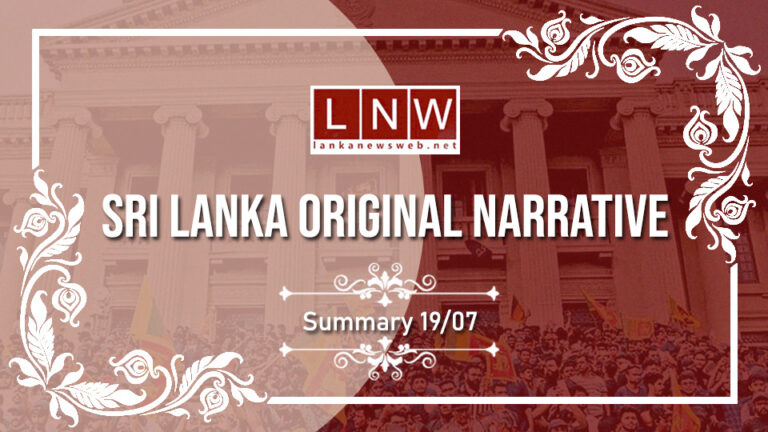Hi-tech model plantations all over Sri Lanka
• Maize harvest of 60 MT by the end of 2026
• Paddy harvest to double in next six seasons
As a result of the new fertilizer policy of President Ranil Wickremesinghe, 512,000 hectares of paddy fields were cultivated in the Yala season after 10 years, Minister of Agriculture Mahinda Amaraweera said.
The minister added that 80% of the nation’s agricultural production is expected to be produced by 2025 as part of President Ranil Wickremesinghe’s strategy to modernize the agricultural industry.
The use of contemporary technologies in agriculture can improve production of fruits and vegetables intended for export and reduce the amount of agricultural crops that are imported, Minister Amaraweera added.
He expressed these views July (17) during a press conference themed ‘One Year of Progress’ held at the Presidential Media Centre (PMC).
Minister Mahinda Amaraweera further commented;
Within a year of taking office, President Ranil Wickremesinghe promptly fixed the farmers’ issues and tried to get them back to farming. Without a doubt, the country’s circumstances were dire when President Ranil Wickremesinghe assumed office and I took over the Ministry of Agriculture. Farmers protested on the roads demanding fertilizer. The youths of the farming families left the farms and moved to other areas. Some young people even left the country. The biggest issue in this case was guiding them back to the farmland. The public had no confidence in the Ministers. Even at the meetings on this problem, the farmers stayed away.
If they wish to return to the fields, they demand to be provided fertilizer. Although 275 000 hectares were supposed to be cultivated in that Yala season only 212, 000 hectares were cultivated. At that time, President Ranil Wickremesinghe negotiated with the Indian Government and arranged to provide 6,500 metric tons of fertilizer under the Indian loan scheme. However, the Indian loan arrangement does not allow for the provision of fertilizers. The fertilizer was imported from Oman. Only after learning that a ship carrying fertilizer was approaching the Port did the farmers venture back to their fields. This allowed for the cultivation of 512 000 hectares. It is now the most cultivated hectares in the Yala season after ten years.
The farmers arrived back at the farmland in this manner. A global food crisis was anticipated at the time, according to the warnings. Despite considerable success during the Yala season, 800,000 metric tons of rice had to be imported due to the fertilizer issue. The amount of rice that the government had to import was 300 million USD. For animal feed, another 100 million USD was invested. The farmers received fuel and financial aid to carry out the required farming tasks. Additionally, steps were taken to give small-scale farmers a supplementary urea fertilizer subsidy. Money was deposited to farmers’ accounts so they could also purchase organic fertilizers.
The Yala season has now begun. After three seasons, measures were taken to make mud fertilizer available without charge. The newly imported urea fertilizer is offered for Rs. 9000. A voucher of Rs.2000 is issued per one hectare to purchase Bundi fertilizer. The farmers have now received an unexpected subsidy. They did not request for free fertilizer. However, President Ranil Wickremesinghe is of the opinion that more help should be given to improve the status quo.
There is a chance to advance the level of our nation’s agriculture on a global scale. Modern technology is being introduced to agriculture through many means. There may be several difficulties here. However, every effort is made to develop agriculture using contemporary technologies. Numerous individuals, both inside and outside of the political sphere, have criticized these actions. They have alleged that imported fertilizers to be substandard and the harvest to be poor.
There are still plenty of initiatives to dissuade farmers. Despite what they claim, the farmers have returned to their farms. The Agricultural Services Act is currently being amended. In addition to the current subsidies, steps are being taken to provide subsidies in the cultivation of other crops. There are several areas where paddy agriculture is not profitable. The government is ready to help them grow other crops. They have the potential to earn more income by switching to other crops.
The farmers in this country would not only have abandoned their fields if the President had not come into power, but many of them might have also taken their own lives. And we could have become a weak nation due to scarcity of food.
When the President assumed office a year ago, food inflation was nearly 90%. So far, food inflation has decreased to 4.1%. All the farmers of this country deserve the respect and praise of the citizens for being committed to create a renaissance in the country’s agriculture and creating food security in the country. Also, the country has saved 400 USD as the farmers have resumed cultivation.
President Ranil Wickremesinghe gave instructions to establish an Agricultural Modernization Secretariat for the modernization of the agricultural sector in the Presidential Secretariat in parallel to accelerate the country’s sustainable economic growth. The main responsibility of the Agricultural Modernization Secretariat is to solve problems related to various dimensions of modernization, including specific problems affecting various sub-sectors. It envisages preparation of roadmaps for each sub-sector to modernize agriculture with time-bound measures and performance benchmarks.
In order to formally implement this responsibility, the Agricultural Modernization Secretariat has been established by involving all ministries, private sector and universities related to the subject of agriculture. This Agricultural Modernization Secretariat has been operating since May 31 this year based on improving the production and productivity of the agricultural, livestock and animal products sectors using modern technology, increasing the farmer’s income, and increasing the export income.
A national policy framework is currently being prepared under the leadership of Professor Gamini Senanayake of University of Ruhuna as per the instructions of the President in order to get the agricultural sector’s assistance in creating a ‘Developed Sri Lanka’ by the year 2048 through sustainable agricultural development, production of export-oriented agricultural products, assurance of local food security and the transformation of the youth group into ‘Agribusiness Entrepreneurs associated with new technology’. The goal is to have this policy framework completed by the end of August 2023.
The average yield of paddy in this country is about 3.7 metric tons per hectare. A set of farmers from Hambantota have been able to obtain 10.25 metric tons of paddy per hectare by following good agricultural practices and using quality seed materials. Therefore, the primary goal is to double the current average annual yield for paddy by six seasons from 3.7 metric tons to 7.4. metric tons.
Average maize yield in Sri Lanka is about 3.7 metric tons per hectare. By the end of 2026, it is expected to increase it up to 60 metric tons. Steps will be taken to construct high-tech model cultivation plots as pilot projects for both crops and livestock in each province, with the help of the Provincial Council, the line Ministry, the Central Government, private sector and universities.
Secretary of the Ministry of Agriculture Gunadasa Samarasinghe, Director General of Agriculture P. Malathi, Agricultural Services Commissioner General A. H. M. L. Abeyratne, Chairman of Fertilizer Corporation Dr. Jagath Perera, Director of National Fertilizer Secretariat Chandana Lokuhewage were also present.

